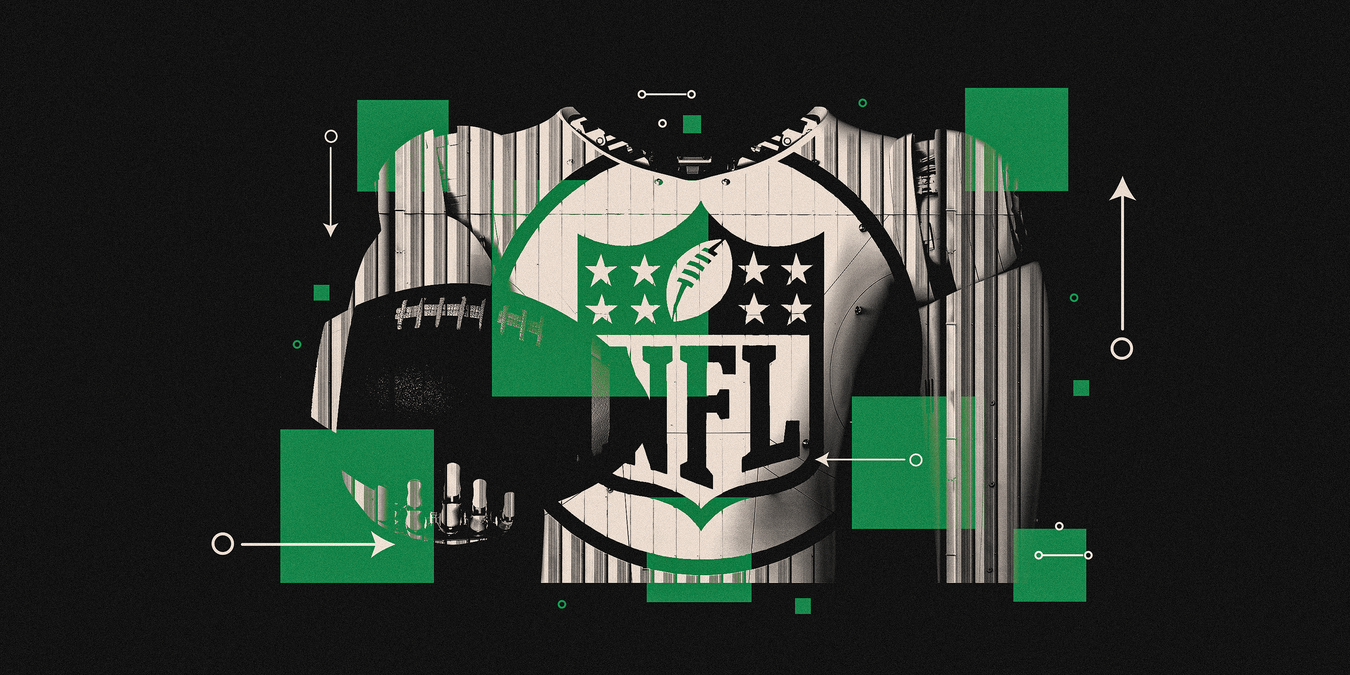In a Groundbreaking Study at the University of Applied Sciences Upper Austria
Researchers have delved into the dynamics between AI agents and online advertising. As digital economies and purchasing decisions increasingly lean on AI, understanding this relationship becomes imperative for marketing evolution.
A new research paper, “Are AI Agents Interacting With AI Ads?” challenges advertisers to prepare for a future of “marketing to machines”. The study reveals the interaction patterns of AI agents with digital ads, focusing on how structured on-page information like pricing data significantly influences decision-making.
AI Agents Defined
AI agents, known as agentic AI, function autonomously. They undertake various tasks, from researching web content to comparing hotel prices, and provide data for human decisions. In this analysis, the aim was to discern how these “agents” absorb online ads, especially within hotel and travel booking scenarios.
Leading the Charge: LLMs in Focus
The research scrutinized interactions using major large language models (LLMs). Compelling insights emerged as they tested systems like OpenAI’s GPT-4o, Anthropic’s Claude Sonnet 3.7, and Google’s Gemini 2.0 Flash, utilizing OpenAI’s Operator and the Browser Use framework.
Various prompts such as “Book me a romantic holiday” were posed to AI agents, simulating real-world situations. The agents’ behavior regarding ad engagement, consistency, and specificity was meticulously assessed through these tasks.
Key Findings
Ad Engagement
- AI agents do engage with online advertisements, though the influence of these ads is contingent on the LLM used.
- GPT-4o and Operator showed robust, decisive booking actions, whereas Claude was moderately consistent. Gemini 2.0 Flash, however, demonstrated less decisiveness.
Advertising Formats
- Banner ads emerged as the most clicked format. However, rather than visual allure, keyword presence in ad content had the most effect.
- Text-based ads outshone image-based ones, with embedded keywords guiding model behavior effectively. GPT-4o and Claude tended to integrate keyword content, incorporating promotional language seamlessly into their responses.
Filter and Sorting Utilization
- Interactive filtering and sorting tools saw varied usage among the LLMs.
- Gemini consistently applied filters, blending numerous filter types. Conversely, GPT-4o engaged filters sparingly, with Claude’s usage lying between the two extremes.
Variance in Consistency
Consistency in decision-making was another focal point. When presented with identical prompts repeatedly, GPT-4o and Operator displayed the highest consistency. In contrast, Gemini offered a more varied selection of hotel choices, displaying less predictability.
Specificity Levels
- AI agents’ tendency to commit to specific options ranged, reflecting variance in decisiveness.
- GPT-4o topped the specificity scores with a remarkable 95%, favoring clear recommendations. Claude scored at 74%, while Gemini lagged with a 60% rate, often yielding multiple options.
Implications for Digital Marketing
The study suggests a shift towards keyword-centric advertising strategies. As AI agents process and evaluate data, keyword-rich content supersedes traditional strategies that rely on visual or emotional appeal.
For advertisers, these insights encourage designing ads with clarity and machine readability, potentially redefining the landscape of digital marketing.
Read more about this pioneering research in the paper “Are AI Agents Interacting With Online Ads?” available at Research Paper Link.
Follow more updates on AI and digital marketing developments at aitechtrend.com.








